Meeting BC’s Oil and Gas Target
The government's 2021 CleanBC Roadmap still has significant gaps from current GHG emissions to BC’s 2030 target. No sector threatens the province’s ability to reach the 2030 target more than the oil and gas sector and LNG. The oil & gas sector strategy under development must remove subsidies and other preferential treatment for LNG, reduce methane emissions to near-zero by 2030, and ensure BC Hydro is a full partner in our collective efforts to meet BC’s targets.
BC introduced its CleanBC Roadmap to 2030 with a commitment to develop an oil and gas sector strategy by the end of 2023 to achieve the oil and gas sectoral emissions target of 33-38% below 2007 levels by 2030, which is crucial to meeting provincial targets. A credible strategy ensuring the oil and gas industry meets their sectoral target needs to include the following actions:
Rapidly implement key policies announced in the CleanBC Roadmap to 2030. Many of the new policies and measures announced in the Roadmap that would target oil and gas demand and supply have yet to be enforced. Expedited implementation of announced measures including (but not limited to) the cap on gas utility emissions, amendments to the LCFS and the revised industrial climate program is needed.
Remove subsidies and preferential tax treatment for the LNG industry. LNG export terminals in B.C. should be required to demonstrate that they can operate in the market without artificial incentives, including paying the full price of carbon in the years to come. If they cannot meet the emissions reduction thresholds needed without subsidies, the projects should not be propped up by taxpayers.
Accelerate the commitment to reach near-zero methane emissions by 2030 instead of 2035.
Ensure LNG development does not jeopardize B.C.’s path to meeting its climate targets. The government has committed that any LNG development would fit under the emissions constraints of CleanBC. New planning and policy measures are needed to ensure that commitment becomes reality.
Direct the BCUC to include compliance with BC Climate targets in its oversight of utilities. BC Hydro needs to be clearly directed to procure new sources of clean electricity in order to ensure B.C. has the supply needed to meet its 2030, 2040 and 2050 targets.
Establishing a credible path to meet the 2030 oil and gas sectoral target prepares us in turn to plan for a credible path to net-zero by 2050. This includes developing pathways for a broader decline in oil and gas production and use across all sectors of the economy. This includes developing pathways for a broader decline in oil and gas production and use across all sectors of the economy.

